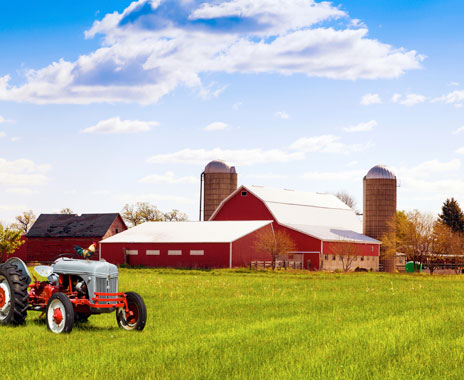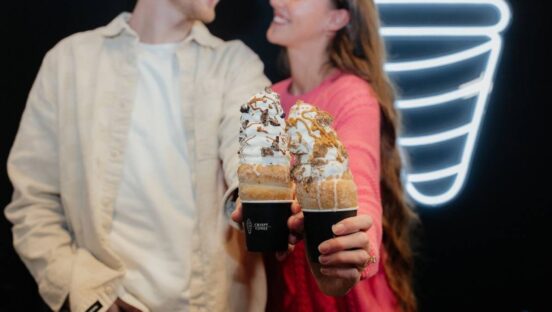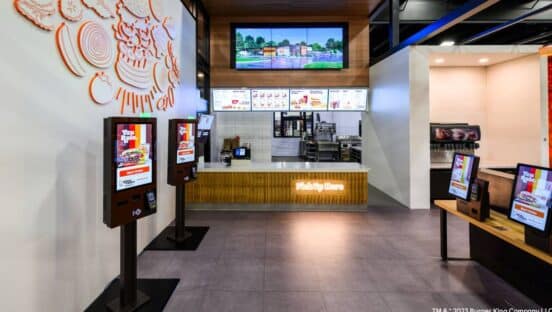On its face, the very notion of sustainable beef might seem like an oxymoron. How, after all, can something as environmentally intensive as beef production be used in the same sentence as sustainable?
But now, a gathering of such disparate groups as cattlemen, retailers, beef processors, financial gurus, and environmentalists are doing more than just mindlessly pondering the possibility. They’re gathering together and taking early action toward making the U.S. beef industry more sustainable.
The newly formed U.S. Roundtable for Sustainable Beef (USRSB) General Assembly met for the first time in Denver in mid-July. It was a first-of-its-kind domestic conference that brought together the biggest names in beef production and supply to brainstorm possible steps forward.
The issue of sustainability is huge—and getting bigger. Growing calls for sustainable beef affect much more than the nation’s $44 billion beef industry. It also impacts the $709 billion U.S. restaurant industry, whose customers are increasingly inquiring about sustainable beef.
Perhaps no company is more aware of that than McDonald’s, which recently announced plans to “begin purchasing” verified sustainable beef in 2016.
“Our customers love beef, but they also want to know where the food comes from and if it’s made responsibly,” says Susan Forsell, vice president of sustainability at McDonald’s. McDonald’s ultimate vision, she says, is to source all of its beef from verifiably sustainable sources. It’s reached that goal domestically with its fish purchases, she says. But, unlike fish, “beef is definitely a challenge because of the supply chain,” she says.
The question for many, especially limited-service operators who rely on beef purchases, is what to do next.
Nicole Johnson-Hoffman, vice president at Cargill and USRSB board chair, says that, following several months of membership recruitment, the organization is moving forward into the planning stage. The first-time gathering of 93 company executives began to focus and narrow its mission down to five key steps: establish sustainability indicators; develop methods to verify sustainability; create a program philosophy for implementing sustainability; generate field projects that prove sustainable concepts; and establish goals for progress.
The group, Johnson-Hoffman adds, is building on work already completed by the Global Roundtable for Sustainable Beef.
Many environmentalists are skeptical. Among other things, they note, cattle require an enormous amount of land and water and make a massive amount of waste.
But the National Cattlemen’s Beef Association, the trade group representing 230,000 cattle breeders, producers, and feeders, says in its mission statement that its goal is to produce safe, high-quality beef “in an environmentally and economically sustainable manner.”
Improvements must start somewhere, says Nancy Labbe, senior program officer at the World Wildlife Fund.
“What’s noteworthy is the collaboration that’s taking place. That’s the headline,” she says. “We will have 9 billion people to feed by 2050. How do we feed them without destroying our planet?”
The question can’t be taken lightly. Some 70 percent more food will be required to feed the world’s population in 2050, according to the Beef Industry Sustainability Lifecycle Assessment, funded by the Cattlemen’s Beef Board. But sustainability may already be improving, according to a study from the board. Between 2005 and 2011, beef industry water emissions were down 10 percent; soil emissions down 7 percent; greenhouse gas emissions down 2 percent; and water use down 3 percent.
Why should restaurant owners care? Because their customers increasingly care about sustainability, says John Butler, CEO of the Beef Marketing Group and USRSB chair-elect.
“If I’m sitting in a restaurant and I can have an assurance that this is being taken care of, it enhances my appreciation—and enjoyment—of the product,” he says.








